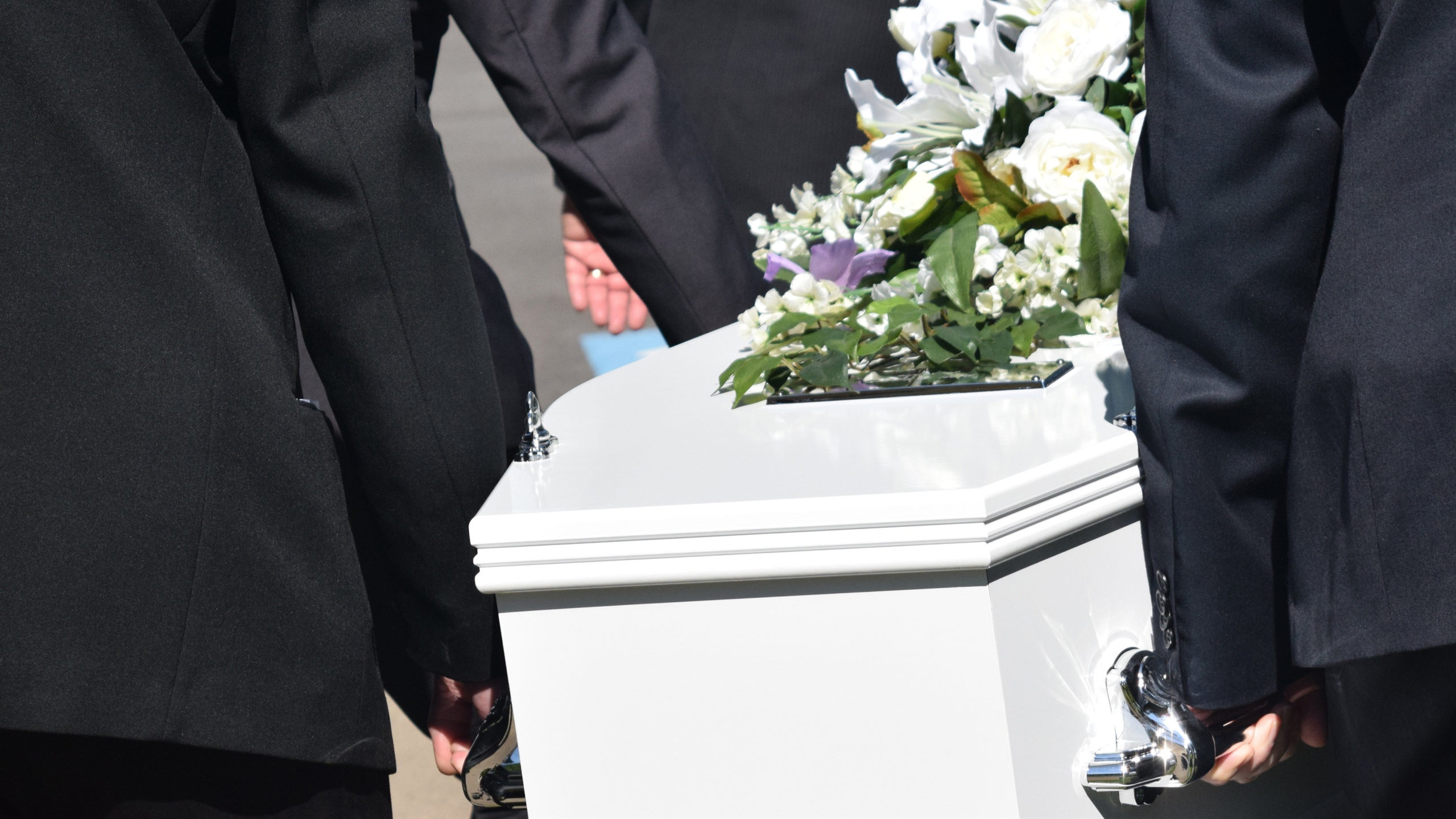A recent study from Barna Research highlights three leading sources of trauma among practicing Christians: the deaths of loved ones, abuse and betrayals.
It’s no wonder. Since March 2020, the U.S. has dealt with more than 33 million COVID-19 cases, and more than 600,000 COVID-related deaths.
Some families are grieving the deaths of multiple loved ones within a brief period. Shutdowns meant many were unable to say a final goodbye as they were refused entrance into hospitals and nursing homes where their loved ones died.
“In an ironic twist, many of the strategies that are critical to ensuring our collective public health during this pandemic may put people at greater risk for … mental health issues,” according to Tulane University professors in a recent special issue of the journal Psychological Trauma.
The pandemic thrust pastors and churches into the business of death, forcing them to spend exhausting hours preaching funerals, counseling grieving church families, navigating conflicting opinions on health recommendations and often feeling helpless to minister to devoted members.
Abuse also increased during the pandemic as couples and families lived together in close quarters, isolated from friends, colleagues and fellow church members.
Financial stress
Parents struggled to help their children with school assignments at home, often while trying to work at home themselves.
Many dealt with financial stresses caused by lost jobs, irregular wages or devastated personal businesses. Others became full-time caregivers nursing sick family members, fearful they too might become ill.
Tension in the home during lockdown led to increased reports of personal and intimate violence among family members. Reports of domestic violence went up 27%; physical abuse, 22%; and sexual abuse, 21%.
Dangerous situations
For those already enduring abuse, lockdown intensified it. Stay-at-home orders meant victims of spousal abuse had nowhere to escape and were forced to remain in frightening and dangerous situations.
Children were especially vulnerable to abuse during quarantine. The CDC reports 1 in 7 children suffered abuse and/or neglect.
Increased stress levels among parents often proved a major predictor of increased child abuse/neglect.
Children in quarantine lacked their usual support groups, including extended family members, church leaders, child care workers and school teachers, who could see the physical and emotional signs of abuse in order to report it.
In many cases, the frustrations placed on marriages and families during the long lockdown led to argument, separation and divorce — just one example of betrayal as sacred vows were broken.
Betrayal was the second leading cause of trauma among practicing Christians, according to Barna. More than one-third of church members admit they have been traumatized by a trusted individual.
Betrayal is a violation of trust, the breaking of a commitment or agreement that brings painful loss as well as shock, anger, sadness and disruption of relationship. Need a biblical example? Betrayal is the heart-wrenching kiss of Judas upon the face of Christ (Matt. 26:49).
“To be betrayed, the person must first experience trust in the betrayer. … When they do hurt us, we then have the awareness that this other person has the capacity to hurt us. … Betrayal is probably the most devastating loss a person can experience,” according to Monica Frank, writer and clinical psychologist.
Pastors also felt the trauma of betrayal as usually loyal church members stopped attending even after quarantines were lifted and defaulted on promised tithes that helped pay the church’s bills.
‘Church-hopping’
“Church-hopping,” another form of betrayal, proved painful to church leaders as their members moved from one congregation to another and/or from one streaming worship service to another, with little loyalty to pre-COVID church memberships.
Pastors struggled to keep their congregations together and to minister to individual needs.
Pastors and church leaders are needed now more than ever to help share the hope of the gospel with victims of trauma.
“We’ve seen that with people who have a high level of trauma, nurturing their hope does help buffer the adversity and stress,” said Chan Hellman, professor of social work at the University of Oklahoma and director of The Hope Research Center. “A deep robust faith in God and Jesus provides us the framework to endure at a different level because we know it will get better.”
Trauma survivor tells her story of recovery in 2-part podcast
Kathy Woods knows from experience how trauma can cloud one’s thinking. Her life took a devastating turn when she learned her beloved father was having an affair.
She began experimenting with drugs and made one bad choice after another. While serving jail time, Woods sought the Lord and committed her life to Him. Now Woods, who serves as administrative assistant for city ministries at the Church at Brook Hills, Birmingham, shares her story of healing from trauma.
“Sometimes bad things happen even in good families,” Woods said. “But God is willing to restore.” Hear Woods’ story at tabonline.org/kathy-woods.
Click here to read about the lasting effects of trauma.
Click here to read how student leaders can help with anxiety disorders in children.
Click here to read practical ways parents and church leaders can help.








